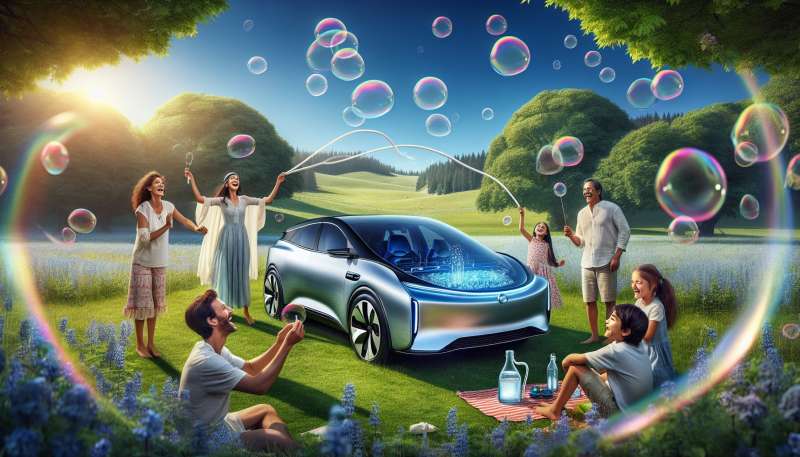
Defining Freedom Car
The 'Freedom Car' initiative was launched by the U.S. Department of Energy to develop more energy-efficient and environmentally friendly vehicles. It focuses on reducing dependence on imported oil.
Fuel Cell Innovation
Freedom Cars primarily harness fuel cell technology. Unlike conventional vehicles, they convert hydrogen into electricity, emitting only water. This leap in clean energy reflects a revolutionary approach to automotive design.
Hydrogen: The Fuel Source
Hydrogen, the most abundant element in the universe, powers Freedom Cars. It's sourced from water or natural gas, offering a sustainable and potentially inexhaustible fuel supply for vehicles.
Challenges Ahead
Despite their potential, Freedom Cars face obstacles: high production costs, lack of hydrogen infrastructure, and public hesitance. These issues pose significant challenges to widespread adoption.
Governmental Support
The U.S. government has invested billions into research and infrastructure for Freedom Cars, aiming to decrease carbon emissions and to lead a global movement towards cleaner transportation.
Future Transportation
Experts predict that with continued innovation, Freedom Cars may become mainstream within decades. They could transform transportation, reducing environmental impact and altering global energy politics.
Economic Implications
The switch to Freedom Cars could significantly impact the global economy, disrupting the oil industry while creating new markets for hydrogen production, fuel cell technology, and green jobs.
What's the 'Freedom Car' initiative's goal?
Develop sports cars
Enhance vehicle aesthetics
Energy-efficient, eco-friendly vehicles
Company